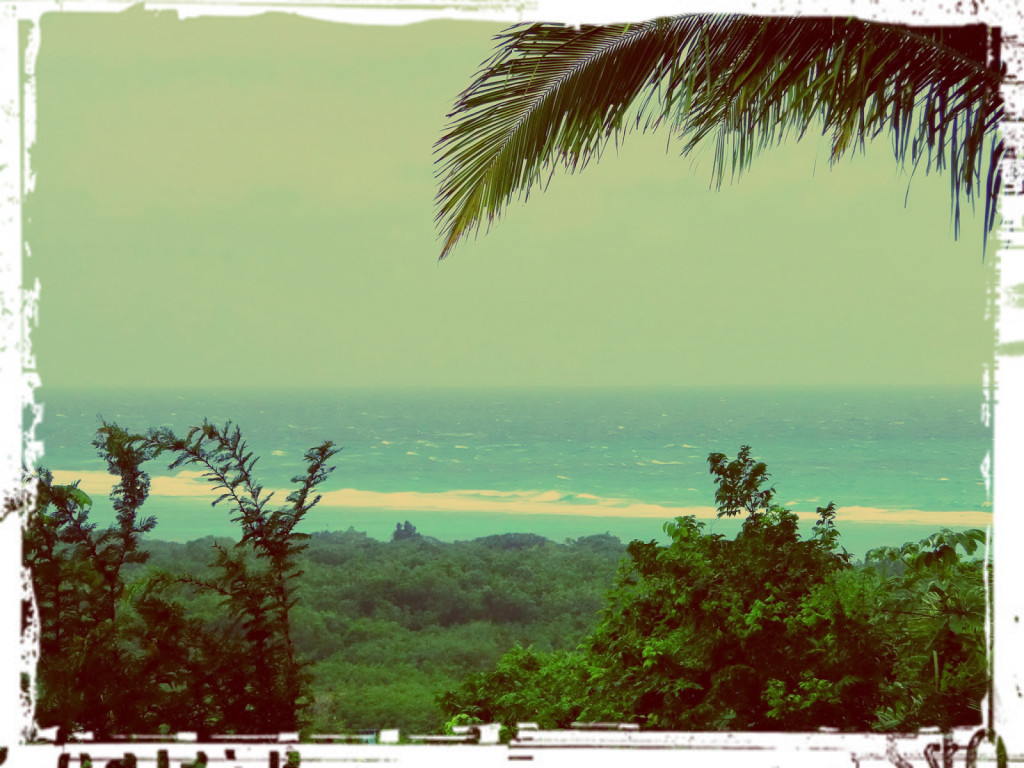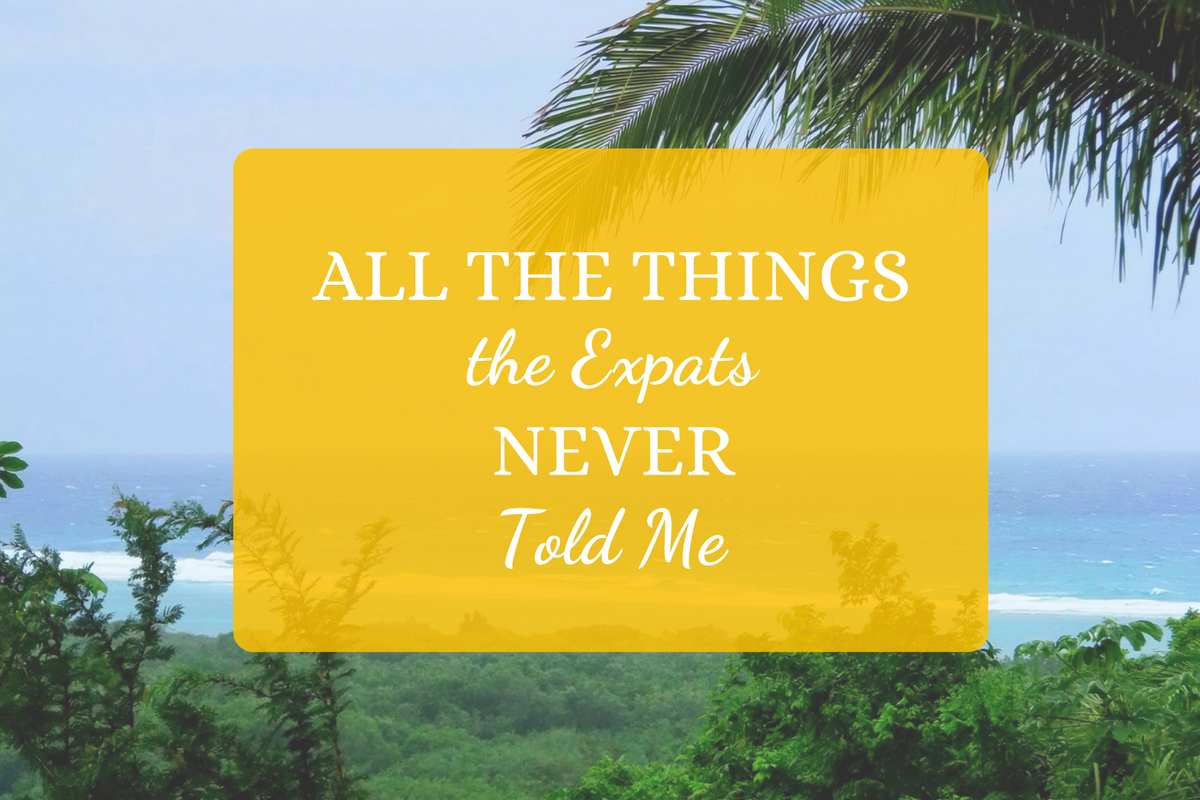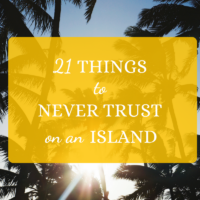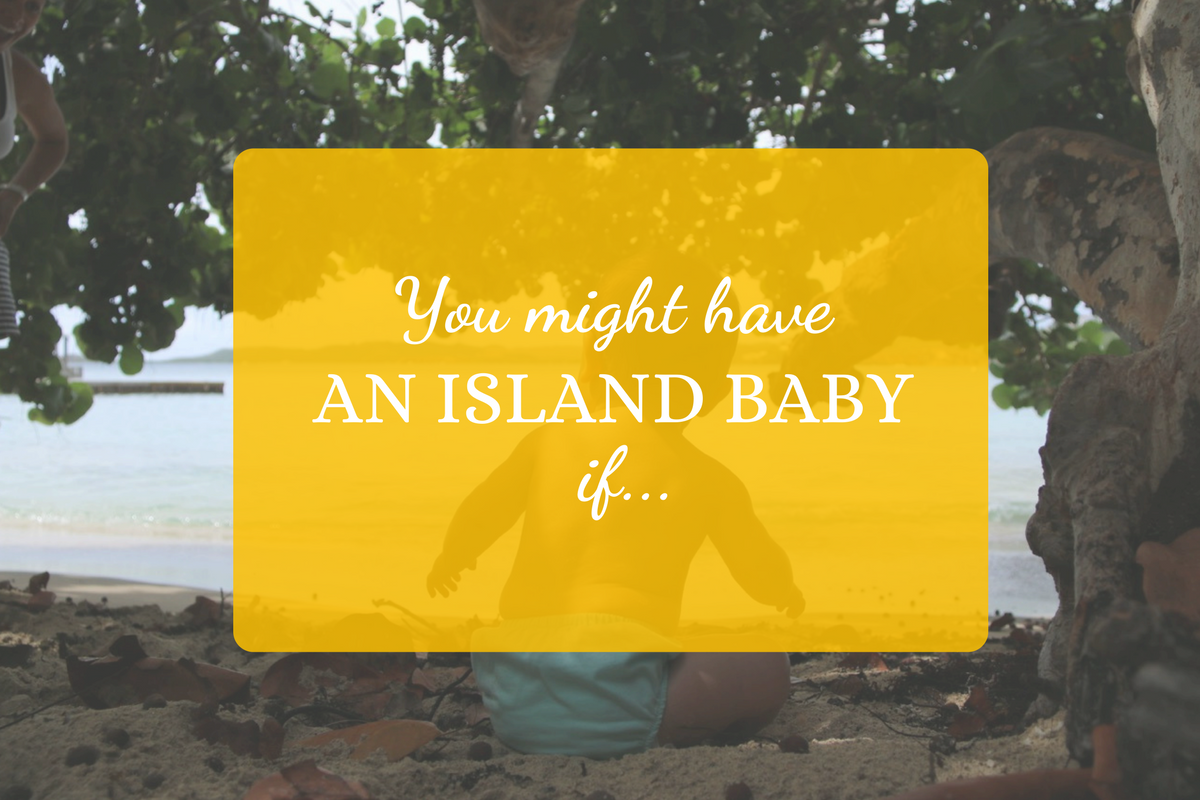I moved to my rock, Roatan, after several lengthy vacations here. All of my expat friends seemed so cool – dive instructors, people running hostels, old guys who showed up and forgot to leave…the usual suspects.
I spent hours sending emails and Skyping before the big move, asking every question under the sun about what I thought I would need to know before moving to a tiny island in the Caribbean. Not to downplay any of my awesome friends, but now, after being here nearly two years, I think it’s safe to say I was fairly unprepared for the some of the realities of island life.

So for anyone else in that position, here are all the things the expats never told me:
Even on a predominately English-speaking island, having zero Spanish skills will make life difficult for you.
Most born and raised islanders in Roatan speak English as their first language – although it’s a creole called “Island English” that proves difficult for non-speakers to understand. However, they do tend to know enough North American English from TV, movies, and tourists that they can switch back and forth. Spanish is usually learned second. But rising unemployment on the mainland of Honduras means lots of Spanish-speaking people who can’t say a word of English are now living and working on Roatan. If you need to take a taxi, go to the bank, hire a cleaning lady, or order at Wendy’s, you better take a translator with you. I knew some basic Spanish at first, but it wasn’t enough. Now I can understand about 90%, but I still can’t speak fluently and it makes it tough sometimes. My Island English is great though! I can even pronounce “gyal” (girl) properly now, which has taken at least a year. And yes, my parents are very proud.
Some things are easy to get here, some things are not.
Easy: almond milk, disposable razors, tofu, sunscreen/bug spray, shampoo/conditioner.
Not easy: deodorant, good kale, quality makeup, rubber boots, almond butter.
Don’t ask me why. You just have to go with it.
The line at the bank is a magical and mysterious thing, and you should not try and understand it.
You will stand in line for hours. You will get close to the front of the line, but then the guy in front of you will go up to the teller and do 54,360,984,535 transactions which will take another hour. Once he finally finishes, before you can step up, some lady who was sitting in a chair will rush up in front of you because somehow, it’s her turn now. This will happen twice before you get to the teller. When you finally do get to the teller, he/she will likely tell you to go get in a different line for something else. Don’t try to understand it. Just breathe.
“Come back tomorrow/next week/next month” doesn’t really mean that.
It means, “I don’t know”; “I don’t feel like doing that today”; “I don’t know who to ask but it definitely isn’t me”; or “I’m eating lunch right now”.
Life is cheap here… if you only eat baleadas and don’t turn on your lights.
Buying a nice house is absolutely cheaper here than it is in North America. Rent is minimally cheaper or at least comparable to that of smaller cities. But my grocery bill is the same or higher as it was in Vancouver, BC (one of the most expensive cities in Canada) and my electricity bill is so high, it’s a joke. I don’t have air-conditioning and I live alone in a studio with two fans, and it often comes close to $160/month. The island electricity is run on diesel generators, hence the reason it’s not cheap (and it also goes out all the time, which is a whole other level of fun).
Expatriate medical coverage is a good thing, but $25 does go a long way here.
A kidney infection in Florida with no medical coverage = driving to a walk-in clinic, waiting to see a doctor, a lengthy doctor’s visit, diagnosis, driving to a pharmacy, waiting for a prescription, buying said prescription – all for almost 5 hours of your time and $250. Whereas a kidney infection on Roatan with no medical coverage = a taxi to a pharmacy, a doctor’s visit (with no waiting!) in the pharmacy, diagnosis, buying your prescription right there, and a taxi home – all for a mere 30 minutes of your time and $15. Seriously.
Not everyone is happy to see you.
For some reason, some expats seem to expect the local islanders to be head over heels thrilled that they are now living on their island. But if you are seen in any way to be “taking” jobs from locals, disrespecting locals, foregoing local customs, or speaking badly about the island, you will not be welcome. Unless you’re talking crap about the electricity company, and in that case, complaining is totally allowed.
You must know exactly what to do in bad weather, or you will regret it.
By this, I mean if it starts raining, gets windy, or even if it’s a little cloudy, you better run and plug in all of your electronics to charge up because the power is going out within the next hour for sure and if you don’t, you’ll be sitting in the dark with absolutely nothing to do.

on the bright side, once you drink all your wine in the dark, you can use the bottle as a candle holder.
Pioneer skills are necessary.
As I’m writing this, I’m making stewed chicken and rice with steamed broccoli all at once in my rice cooker. Do you have any idea how many things you can make in a rice cooker? I ran out of propane for the stove and had to get creative with cooking because apparently they can’t come fill it for three days (yet another island mystery). Sometimes the power goes out for hours and hours at a time and that’s when a propane stove rules. The internet is slow and cuts out a lot. The water doesn’t always work. You have to be resourceful and make things up as you go along! (Note: the power just cut out as well. So much for the rice cooker. It’s peanut butter out of the jar for dinner now. Adaptability is also important.)
You will hear the infamous “Three Lies of Roatan”. And you will believe them.
1) I love you. 2) I’m not drinking tonight. 3) I’m leaving tomorrow.
It’s okay. We all fall for them….some of us more than once.
















24 Comments